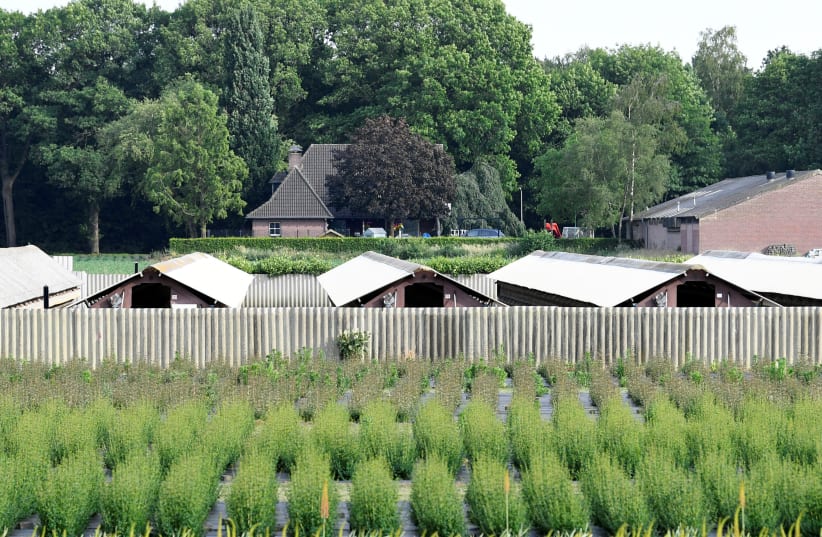Israel, Germany begin agriculture cooperation to fight climate change
Germany experienced drought in the past four years and Israel has extensive experience in agriculture in arid conditions, Prof. Vinnie Altsein from Volcanic Institute told the ‘Post.'
